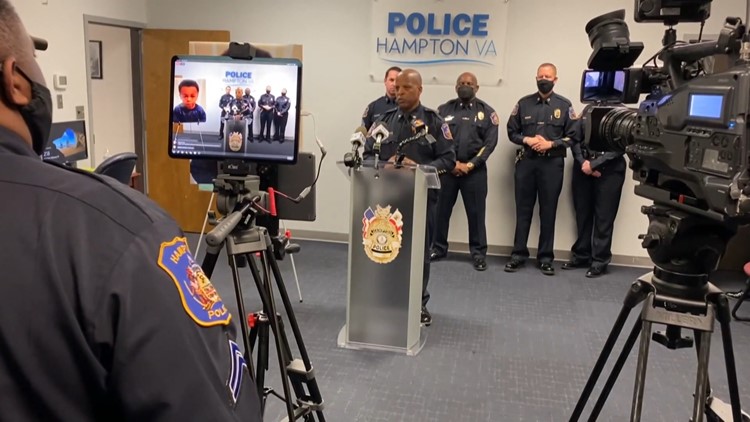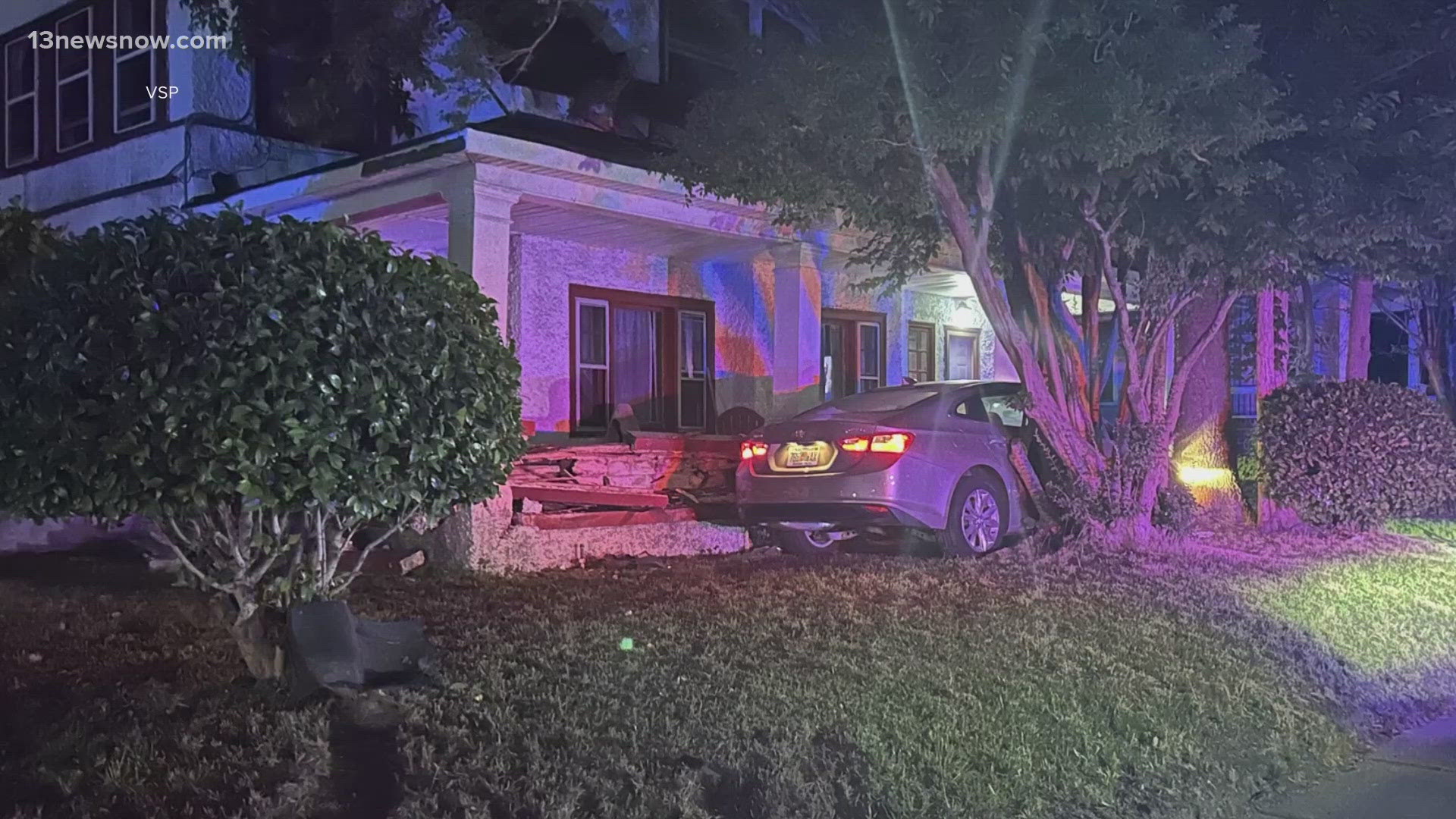HAMPTON, Va. — Hampton Police Chief Mark Talbot apologized Monday after an internal review found a mistake in the way police handled part of their investigation into the disappearance of 4-year-old Coid Bigsby.
The mistake, specifically, had to do with the questioning of Codi's father, Cory Bigsby, who reported his son missing on Jan. 31.
As of Monday, Bigsby remained in jail on child neglect charges that are not related to his son's disappearance.
According to Talbot, an internal audit by Hampton Police Division leadership found that Bigsby indicated he wanted a lawyer when detectives were questioning him about the situation involving his son, but that request wasn't honored.
Talbot explained that Bigsby took a polygraph examination and that afterwards, Talbot said there was a heated exchange between Bigsby and the detective. It was during the exchange that Bigsby brought up a lawyer.
Previously, Talbot said Bigsby had not requested legal counsel while he was at police headquarters.
Talbot said Monday that he removed the lead detective on Codi's case and replaced the detective.
13News Now wanted to find out if the findings of the police division's audit would complicate the case against Bigsby on the unrelated charges he faces.
Legal analyst Ed Booth explained what statements can be used in the courtroom after asking for legal counsel. The main thing that comes into play is the exclusionary rule.
“Once you ask for a lawyer, everything up until then is fine. That can go into evidence. Everything after that has to be excluded...," said Booth.
The exclusionary rule, when applied in the context of the U.S. Constitution's Fifth Amendment, protects people against self-incriminatory statements that may have been gathered in violation of the amendment. The Sixth Amendment, which addresses a person's right to counsel, ties into that situation.
There is a similar exclusionary rule when it comes to the Fourth Amendment. In that application, the rule could be applied to exclude evidence that police or other law enforcement agencies collected without the proper warrants.
If an exclusionary rule is relevant, that would mean that evidence -- physical or verbal -- may not be used at trial.
“By my understanding, there’s nothing here that suggests that there is some sort of integrity problem. It’s an evidentiary problem, if anything, for the prosecution. But it’s limited to the statement. No other evidence is going to be thrown out unless it’s somehow connected and tainted by other statements," said Booth.
Talbot said the lead detective who was replaced has worked for the police division for 11 years.
“...that doesn’t necessarily impact other cases and all of these questions, in other words, motions to suppress statements, motions to suppress evidence. That’s dealt with on a case-by-case basis in any event and if this has happened for instance on some other case, well, a defendant in that particular case could raise it through their attorney," said Booth.
Booth said the case involving the unrelated charges, as well as the investigation into Codi's disappearance in which Bigsby remains the key person of interest, most likely will continue as normal.
“Going forward, the odds are that this will not prevent other charges provided the police have evidence such the police can prove their case," said Booth.



